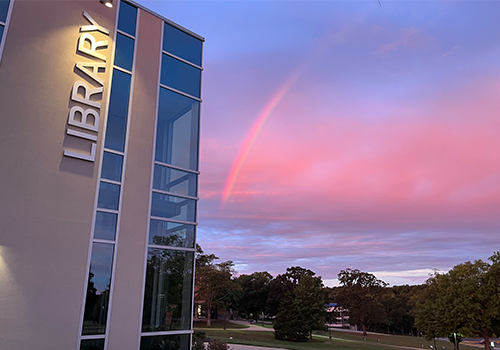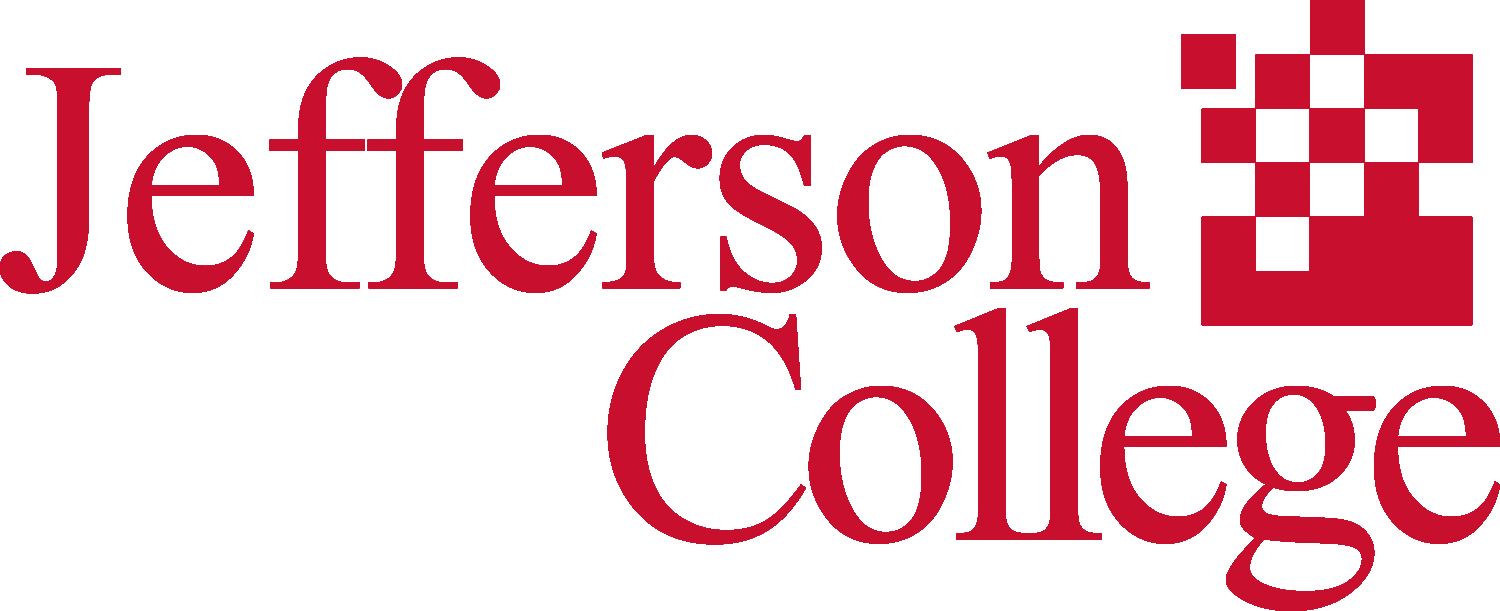Math

Program Overview
At Jefferson, students can complete a sequence of math courses from the beginning through Calculus I, II, and III and Differential Equations. This structured curriculum ensures that students build their mathematical knowledge progressively, allowing for mastery of fundamental concepts before advancing to more complex topics.
A solid grounding in math is crucial as it not only fosters critical thinking and problem-solving abilities but also prepares students for varied disciplines that require quantitative reasoning1. By completing these courses, students increase their capabilities in analytical thinking, which is applicable in numerous fields of study and professions.
Degree Information
The Associate of Arts (A.A.) degree is designed for transfer to another college or university as part of a bachelor's degree.
Academic Plan
The Academic Plan is a semester-by-semester plan for the full-time college-ready student. Part-time students should work with an advisor to customize the map to fit individual needs. View the math academic plan.
Course Guides
Jefferson College Institutional Course Guides (ICGs) are found in the Simple Syllabus - Syllabus Library AND/OR within your Canvas class page via the Simple Syllabus link in the Course Navigation Menu.
Self Diagnostics
Are you ready for...
- MTH094- Support for College Algebra
- MTH128- Intermediate Algebra
- MTH134- College Algebra
- MTH141- Precalculus
FREE MATH TUTORING- ACADEMIC SUCCESS CENTER (ASC)
In-person math tutoring for all math courses is available at the Academic Success Center in TC107 at the Hillsboro campus and in room 112 at the Arnold campus. Online math tutoring is also available. Check https://www.jeffco.edu/asc/ for the semester ASC schedules.
Career Opportunities
Careers in mathematics offer a diverse range of opportunities across various industries, reflecting the essential role that mathematical skills play in problem-solving, analysis, and decision-making. With a strong foundation in mathematics, individuals can pursue rewarding professions that not only promise financial stability but also personal satisfaction through impactful work.
Many career paths are available for those with a mathematics degree. Prominent roles include data analyst, actuary, statistician, and mathematician. Other potential career options encompass mathematics teachers, financial planners, and software engineers, among various others.
The job market for mathematics-related professions is promising. For instance, the Bureau of Labor Statistics projects a 31% growth in employment for mathematicians from 2021 to 2031, significantly higher than the average growth for all occupations. This demand signifies the increasing importance of mathematical expertise across various sectors.








